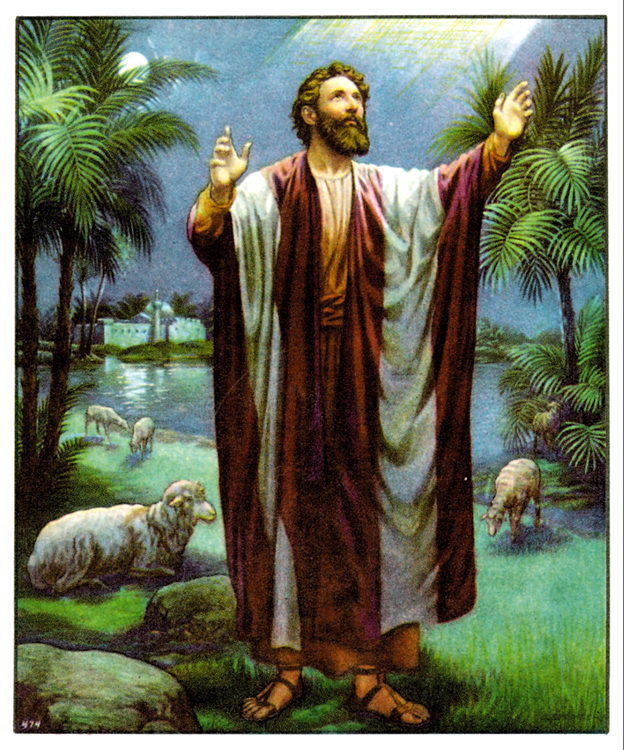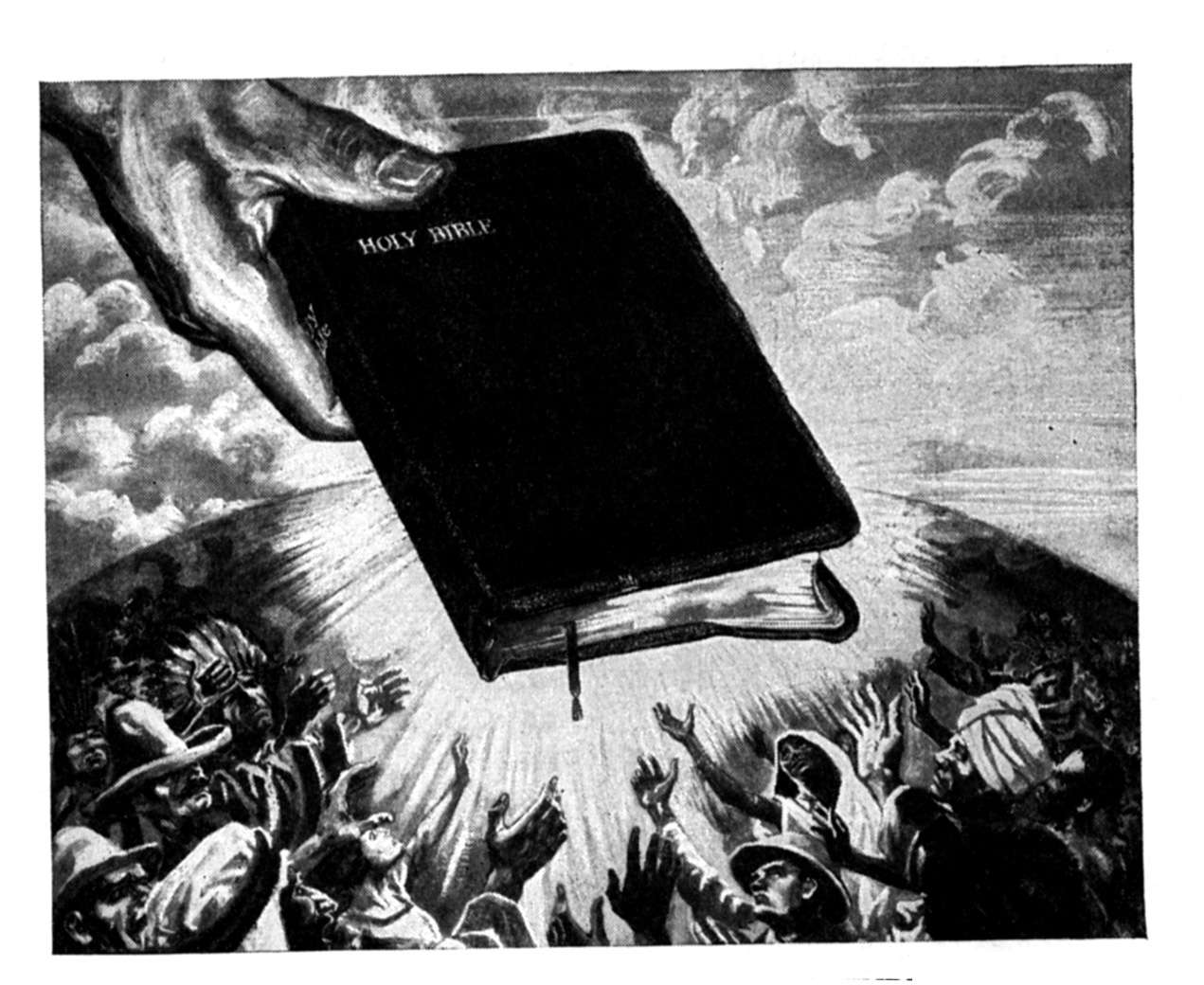The story of Abraham leaving Babylon reveals the great mercy of Elohim in one man’s life. Romans 12:2 talks about finding the good, better and perfect will of Elohim for our lives. As much as we may respect and even venerate Abraham as the father of the faithful, it appears that he didn’t follow Elohim’s instructions perfectly at first. It wasn’t that Abraham was out of the will of Elohim, but that he may not have been in the perfect will of Elohim. Despite human weakness and reluctance to immediately follow the Creator’s instructions, YHVH was still merciful and gracious with the spiritual father of our faith.
Genesis 12:1, Get thee out of thy country. Did Abram immediately leave his father’s house and go directly to the country that YHVH would show him, or did he fulfill YHVH’s will for his life in incremental steps? (Compare Gen 11:31 with 12:1.) Did Abram leave his father’s house completely, or take part of his father’s house with him including his father and nephew? Haran is located in northern Mesopotamia and is nowhere near Canaan. When Abram finally made his way to Canaan minus his father, did he still have part of his kindred with him, something YHVH instructed him to leave behind (Gen 12:1)? Did his nephew Lot prove to be a help or a hindrance to Abram in fulfilling YHVH’s mission for his life in a new land?
What lessons can we learn from this account? First, YHVH is gracious to us even when we don’t obey him completely and immediately. Scripture still refers to Abraham as the father of the faithful or faithfulness (Rom 4:12, 16). Second, Abram was a man of prominence in Babylon (or Chaldea), was recognized as a mighty prince (Gen 23:6), and was 75 years old when YHVH asked him to leave the comforts of life in Babylon to trek across the desert to the backwoods region of Canaan. No doubt, this was not an easy move for Abram for the reasons stated above.
What did Yeshua tell his disciples about the sacrifices that would need to be made to be a follower of YHVH? (Matt 10:35–39). What did Yeshua say would be the eternal rewards of those, who like our father Abraham, set out in faith for a new spiritual destiny? (Matt 19:29) What physical obstacles stand in your way of fulfilling YHVH’s spiritual calling, mission and destiny for your life?
Presently, YHVH is calling his people out of the spiritual Babylon (Rev 18:4) of man-made religious systems that, to one degree or another, have supplanted the simple truths of YHVH’s word with doctrines and traditions of men. Anything that takes precedence in the hearts and minds of men that is contrary to the Bible is, by biblical definition, an idol. End times spiritual Babylon is full of idolatry. It is a confused mixture of truth and lies. YHVH called Abram out of Babylon, and he’s calling his people out of Babylon today to worship and obey him in Spirit and truth. His end time saints will be those who follow Yeshua the Messiah unconditionally wherever he goes (Rev 14:4–6). Their chief identification mark is that they follow the Torah-commandments of Elohim and have the faith of Yeshua—their lives have been transformed by the message of the gospel (Rev 14:17; 12:14).







